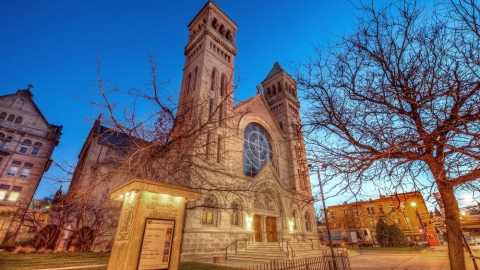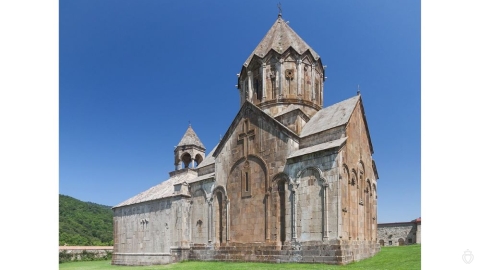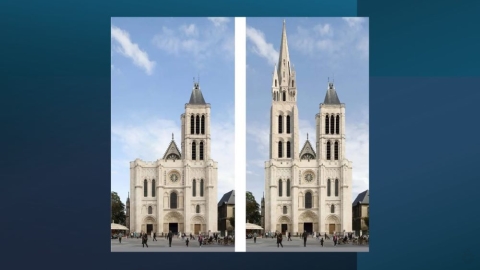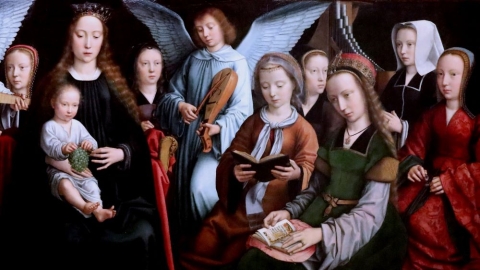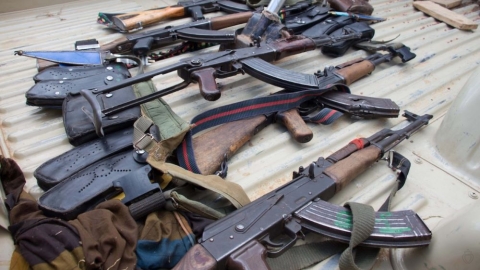Traditionis Custodes, Desiderio Desideravi, and Their Positions on the Mass (1)
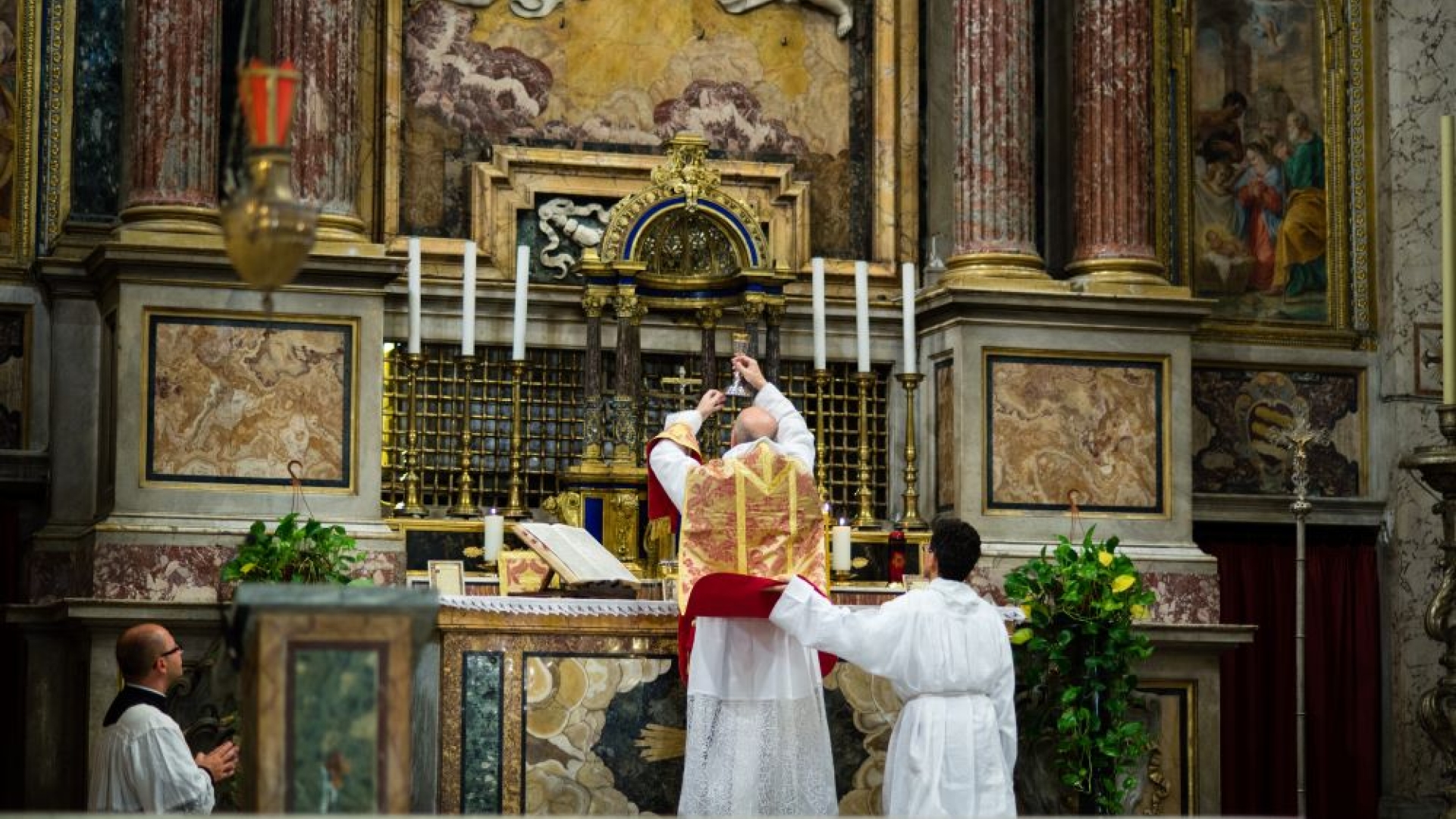
Traditionis Custodes and Desiderio Desideravi have plunged many priests and faithful attached to the Tridentine Mass into confusion.
Desiderio Desideavi Perpetuates the Liturgical Crisis
In European Correspondence of July 12, the historian Cristina Siccardi points out some allegations made by the Pope in Desiderio Desideravi. Far from finding a remedy, she sees the continuation of the liturgical crisis in this desire to rehabilitate the conciliar Mass. From the pen of this close friend of the Society of Saint Pius X, it is not a revelation, but rather a confirmation of her deep convictions. She writes thus:
“The new liturgy coming from a movement intoxicated by liberalism and therefore by relativism, can never produce good effects, as demonstrated by more than 50 years of experience in this direction. Quite the opposite, the Novus Ordo has made and continues to make victims, qualitatively and quantitatively, in abundance especially among the younger generations.”
Taking up the assertions contained in the Roman document (here designated by the initials DD), she responds point by point:
DD 44: “Modern man has become illiterate, no longer able to read symbols; it is almost as if their existence is not even expected.”
“Unfortunately the responsibility for this illiteracy is the fault of pastors, a large part of whom have chosen the ecclesial revolution in order to embrace the world, binding the lex orandi lex credendi of the Church, the rock on which the Spouse of Christ is founded.
Changing the Mass – by turning his back on God, eliminating the essential passages and gestures of the divine liturgy never touched until 1969, in celebrating the assembly instead of the crucifix, by putting in the divine Host in the “Eucharistic reserve,” concelebrating with many priests… – all this constituted a human act and not a divine one.”
DD 45: “How can we become once again capable of symbols?”
“Well, certainly not through a rite based on ecumenical compromises, established around a table in the company of representatives of Protestantism, as happened with the liturgical revolution of 1969. Both the liturgical formation and the symbols, elements on which the pope insists the most in this document, constitute elements that are based on the rite.”
“When this rite is in crisis, as the Sovereign Pontiff himself highlights, it means that the main purpose of this rite is not to give glory to God and save souls, but to create a space acceptable in the world, an acceptance that does not take place, as is always the case when one sells off one's identity to please the dominant culture, instead of guiding all the poor sinners that we are.”
“The catechetical failures and the mass dechristianization of families should enlighten the minds of those pastors who, humbly, could today make a fair and strong self-criticism of those years spent ‘contemplating’ a theology of liberation, ecumenical, interreligious, ecological, and tragic.”
“Then it would be truly possible to say, as in Desiderio desideravi 48: 'The ars celebrandi cannot be reduced to a rubrical mechanism, much less should it be thought of as imaginative - sometimes wild – creativity without rules. The rite is in itself a norm, and the norm is never an end in itself, but it is always at the service of a higher reality that it means to protect.”
DD 57: “The highest norm, and therefore the most demanding, is the reality itself of the Eucharistic celebration, which selects words, gestures, feelings that will make us understand whether or not our use of these is at the level of the reality they serve.”
“But the Novus ordo selected what it should not.… It is very true to say that it is ‘the celebration itself that educates,’ but if the celebration itself is intoxicated, what pedagogy can emerge?
“Yes, it is extremely true that the priest is formed within the actions of worship of the Holy Mysteries, but if the latter are weakened and even poisoned by an unjust and degrading schema, it is on this basis that he will be formed.”
And Cristina Siccardi concludes forcefully: “No, Holy Father, we cannot as clergy, religious, and faithful ‘abandon the polemics,’ because these are not destructive criticisms but questions that we are putting forth in a charitable and constructive way, and which demand answers in accordance with logic, coherence, justice, and mercy.”
“Moreover, the Holy Roman Church, who is Mother and not stepmother, is bound to defend and protect the Faith and its rites with the principal goal of leading as many souls as possible to the Incarnate Word, precisely in as much as salus animarum suprema lex, the salvation of souls is the supreme law.”
Related links
(Sources : Correspondance européenne/DICI n°423 – FSSPX.Actualités)
Illustration : Photo 123296862 © Ensens | Dreamstime.com
